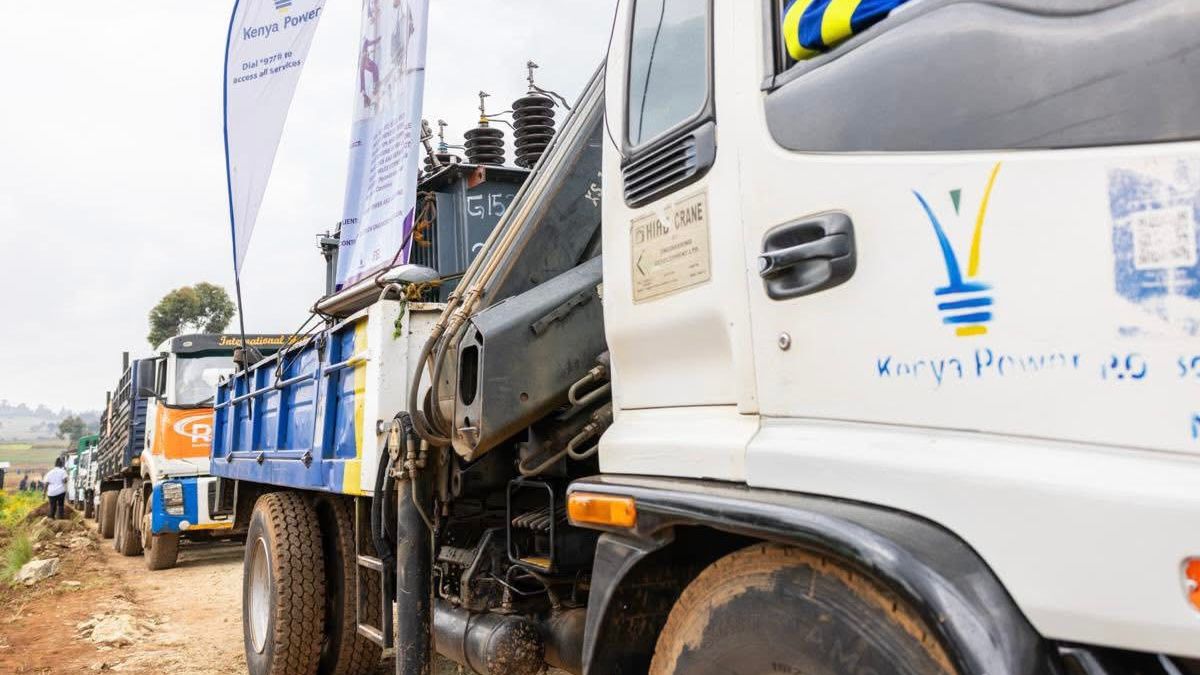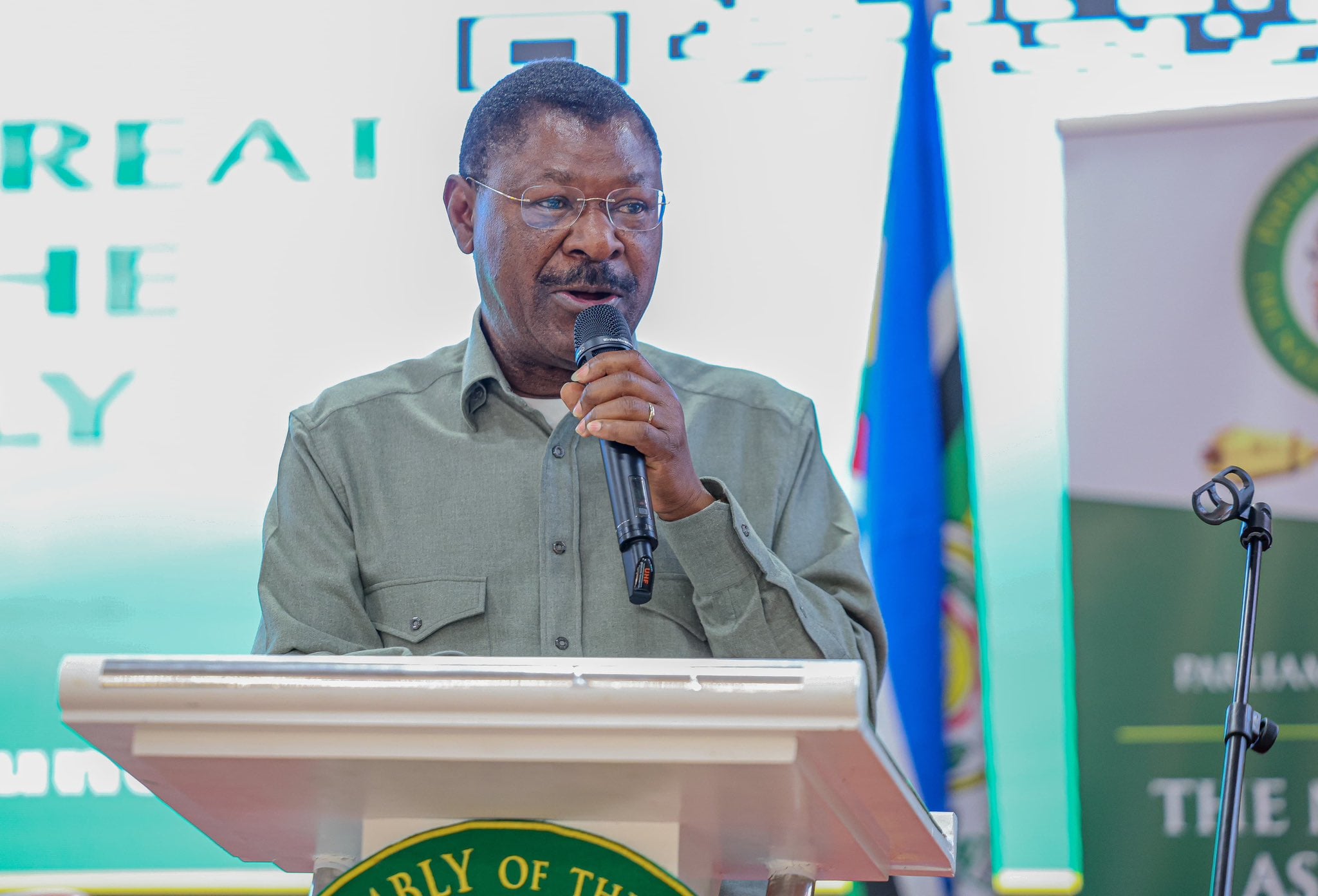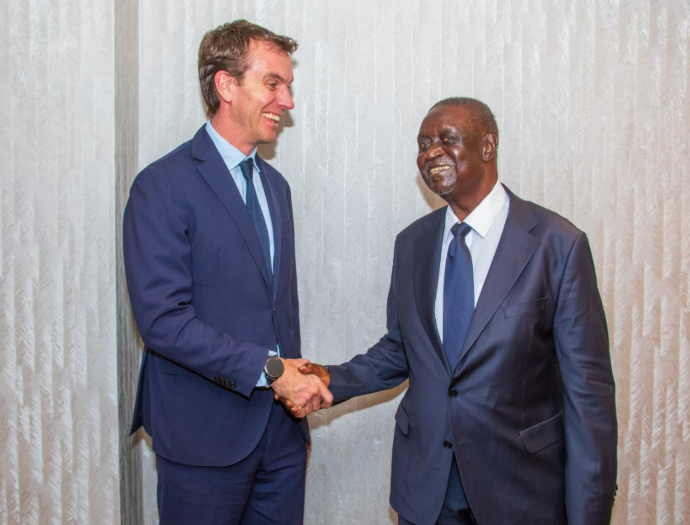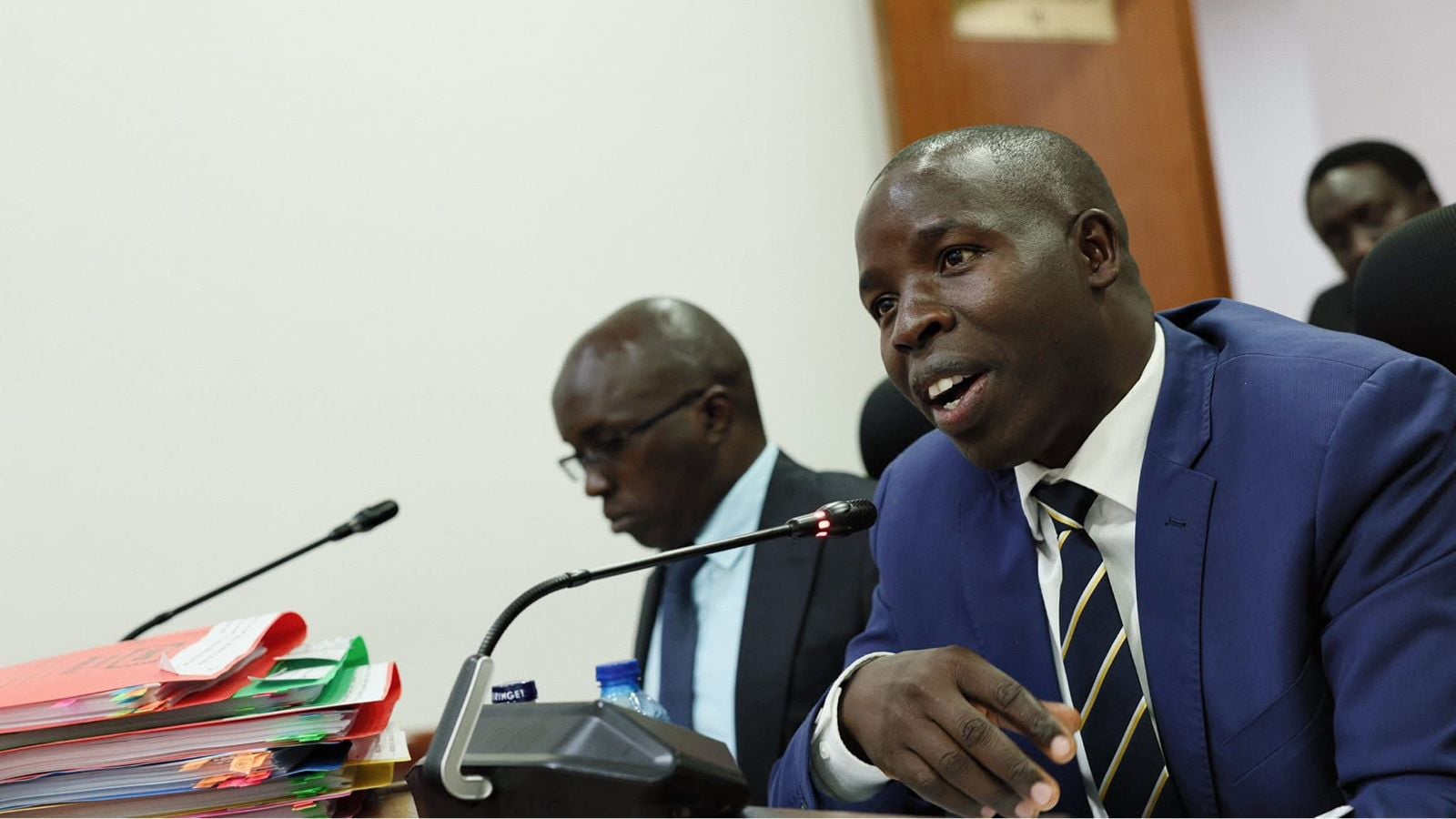Prominent businessman and former Youth Enterprise Development Fund chairman, Gor Semelang’o, has been jailed in Dubai following a commercial dispute.
In a statement on Friday, October 24, lawyer Donald Kipkorir disclosed that Semelang’o’s incarceration stems from a business disagreement involving a Kenyan woman over ownership stakes in a Dubai-based club.
"My BFF Gor Semelang’o has been incarcerated in Dubai over a Club Business shareholder dispute with a Kenyan lady. In Dubai, commercial disputes, which are ordinarily civil,are criminal," he said.
Kipkorir said he had already reached out to Foreign Affairs Principal Secretary Korir Sing'Oei to help facilitate negotiations aimed at resolving the matter swiftly.
"I have asked our good Foreign Affairs Principal Secretary, Korir Sing'Oei, to use our diplomatic relations with the UAE to amicably resolve the issue. It is not right for a Kenyan to use the Dubai Legal System against another Kenyan to settle a dispute that is contractual," he added.
Read More
Kipkorir also spoke warmly of Semelang’o’s character, describing him as a patriotic Kenyan who made significant contributions to youth empowerment during his tenure in public service.
“Gor Semelang’o is a good man with a big heart. He was the Chairman of the Youth Development Fund during Mwai Kibaki’s Presidency, when the Fund was very effective. And Gor is one of the few Kenyans who has no tribalism in his bones. I pray for him. And I am optimistic the PS, who is my friend, will expeditiously bring the matter to a close," he concluded.

This comes a day after INTERPOL announced the arrest of 83 individuals across six African countries following a crackdown on money laundering and terrorism financing.
In a statement on Wednesday, October 22, INTERPOL described the operation, which took place between July and September 2025, as the first of its kind in the fight against terrorism-related financial crimes.
The operation, codenamed Operation Catalyst, brought together security agencies from multiple African nations in partnership with INTERPOL and AFRIPOL.
INTERPOL said the crackdown led to the arrest of 83 people for a range of crimes tied to illicit financial activities.
"Of the 83 arrests, 21 were for terrorism-related crimes, 28 were for financial fraud and money laundering, 16 were linked to cyber-enabled scams, and a further 18 were related to the illicit use of virtual assets.
"Over the two-month operation, jointly coordinated by INTERPOL and AFRIPOL, authorities across participating countries screened more than 15,000 persons of interest and entities, uncovering around USD 260 million in both fiat and virtual currencies potentially linked to terrorism-related activities. Approximately USD 600,000 has already been seized, with additional investigations underway to trace and recover further assets," the statement continued.
Among the key breakthroughs was a major bust in Angola, where 25 people were arrested over potential terrorist financing and money laundering.
"In one significant case from Angola, 25 individuals of multiple nationalities were detained following investigations into informal value transfer systems that were identified as connected to potential terrorist financing and money laundering.
"The operation included the inspection of 30 commercial establishments, where police seized approximately USD 588,000, 100 mobile phones, and 40 computers. Sixty bank accounts were also frozen," the statement further read.
Kenya was also among the countries where critical arrests were made, and funds used for terrorism recruitment and radicalization were traced.
"In Kenya, a suspected money laundering operation using a virtual asset service provider was identified as having potential links to terrorism financing. The scheme, worth approximately USD 430,000, involved 12 people, two of whom have so far been arrested.
"In a separate case in Kenya, two individuals were arrested for the online recruitment of young people from East and North Africa into terrorist groups. The funds used for the recruitment and radicalization were traced through a cryptocurrency trading platform, back to individuals in Tanzania," the statement revealed.






